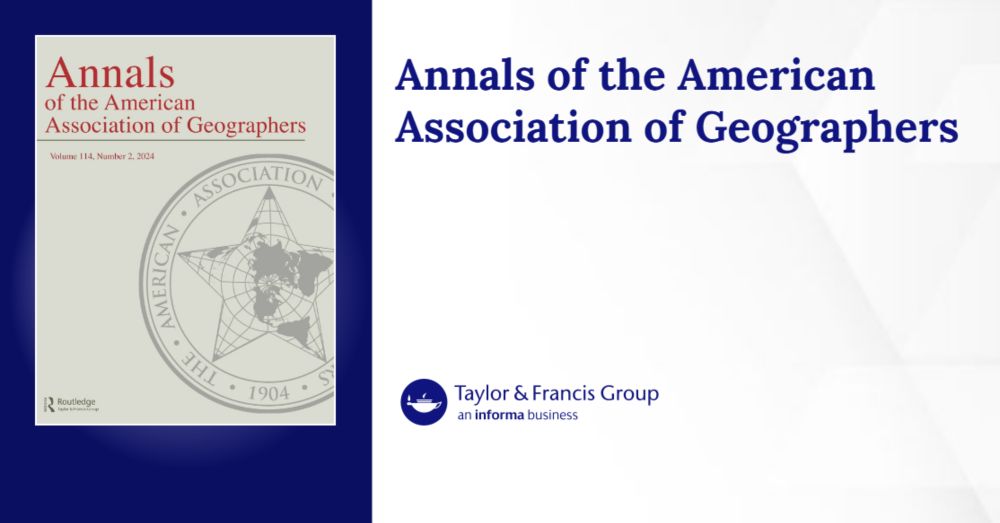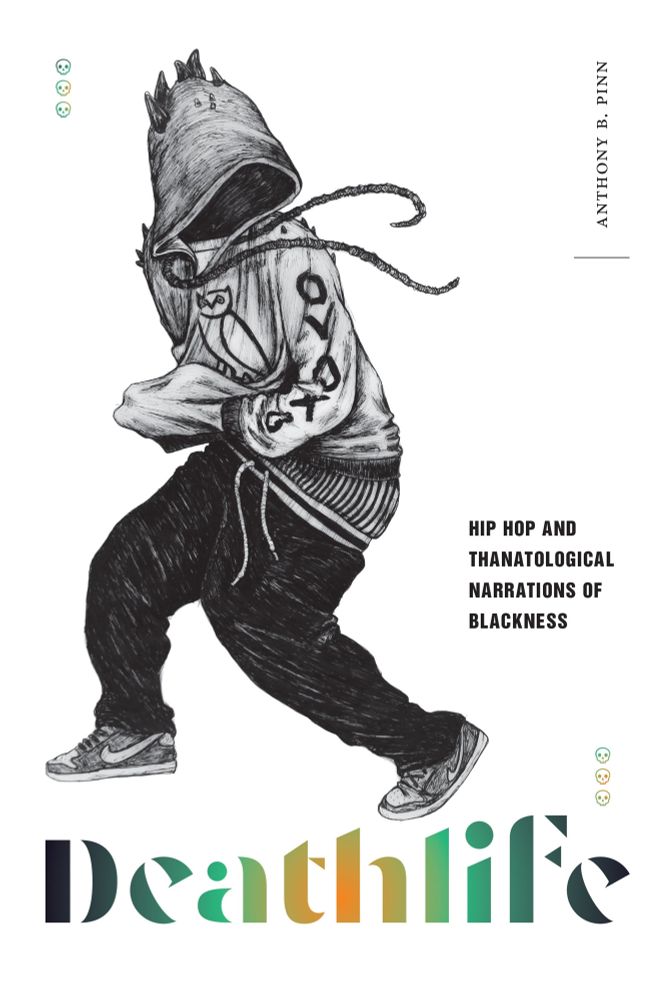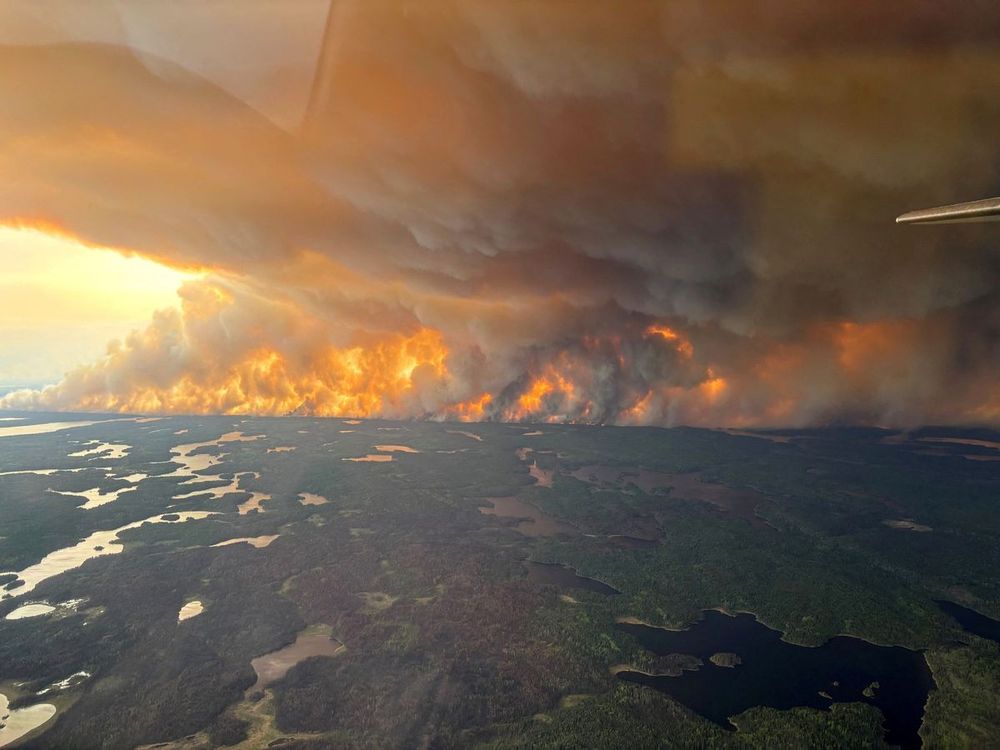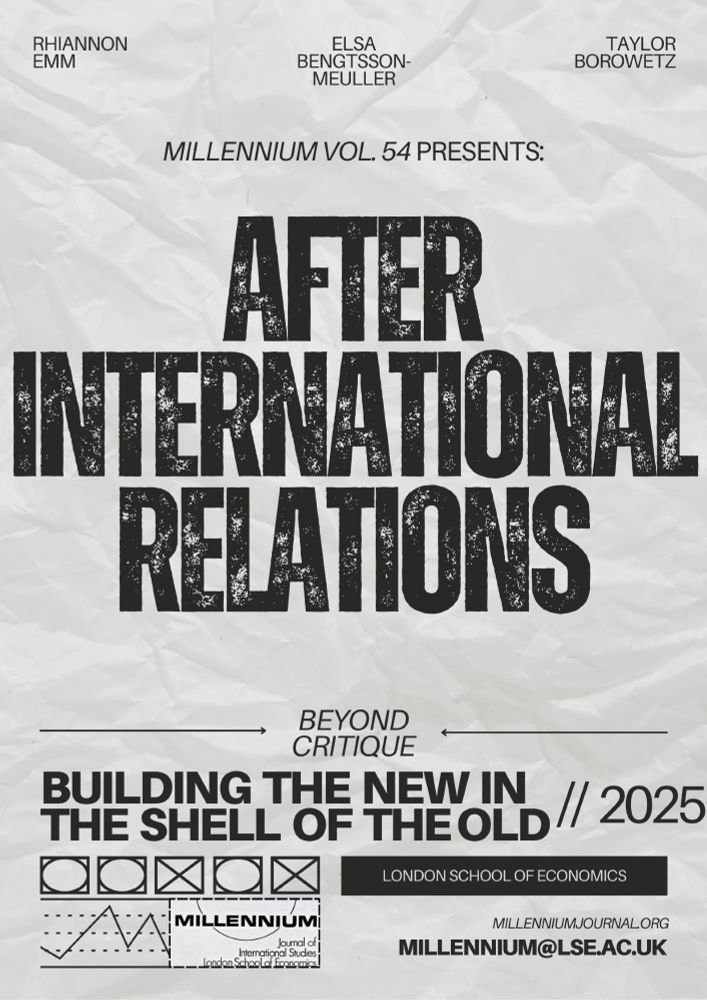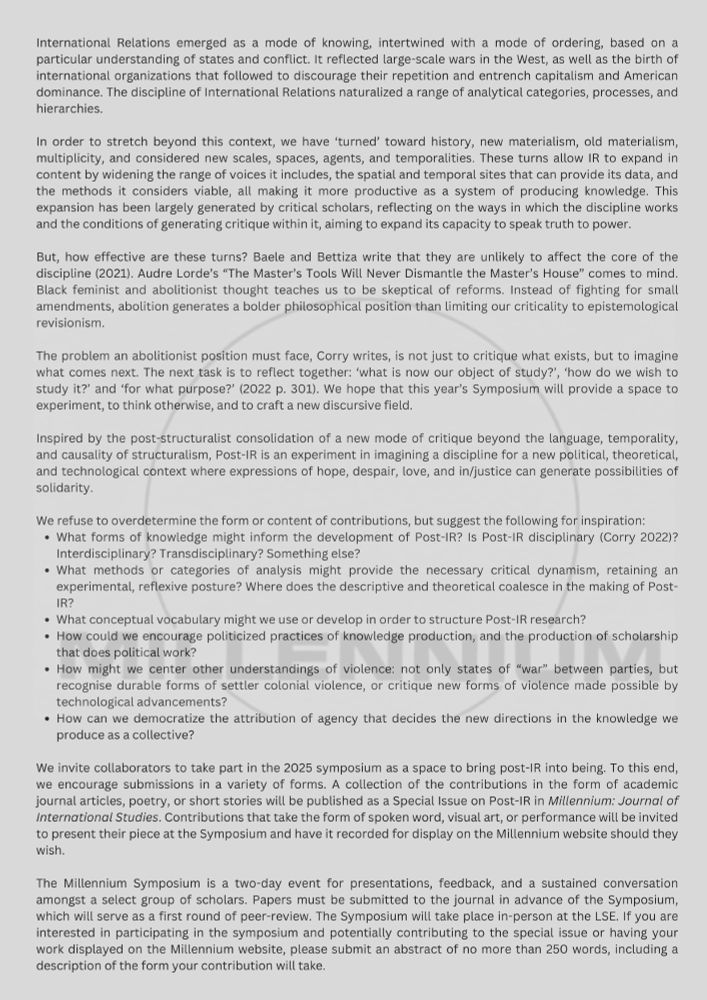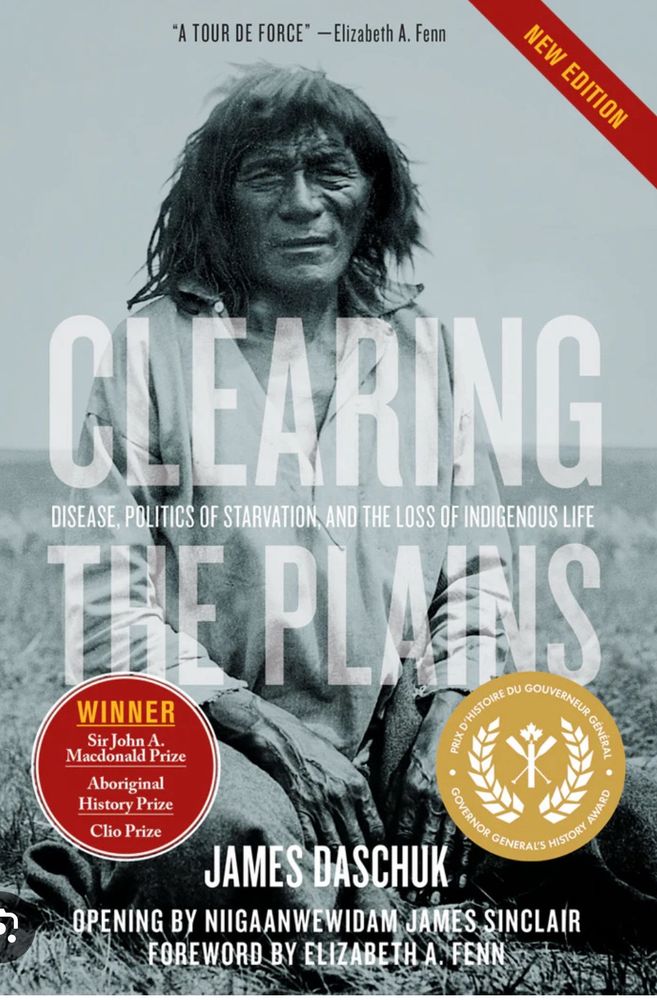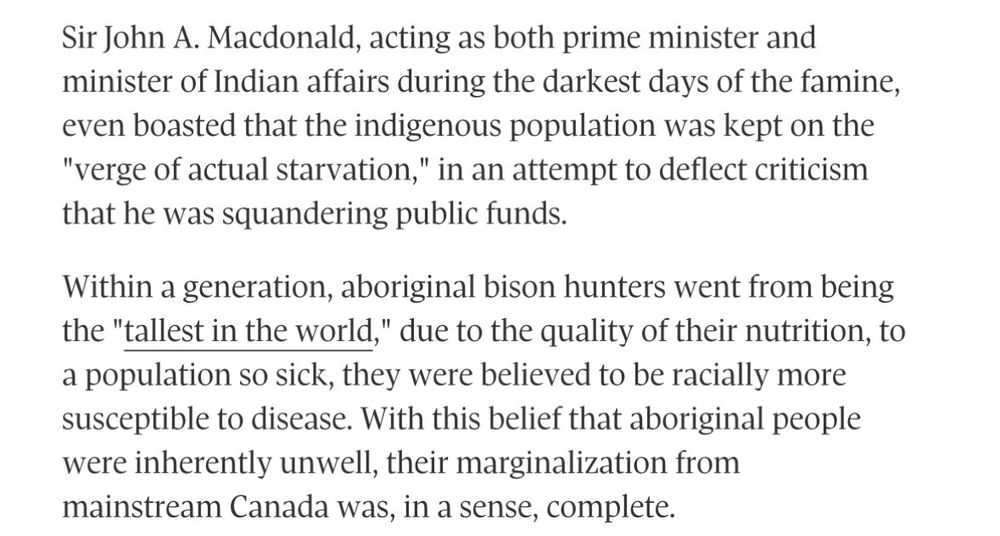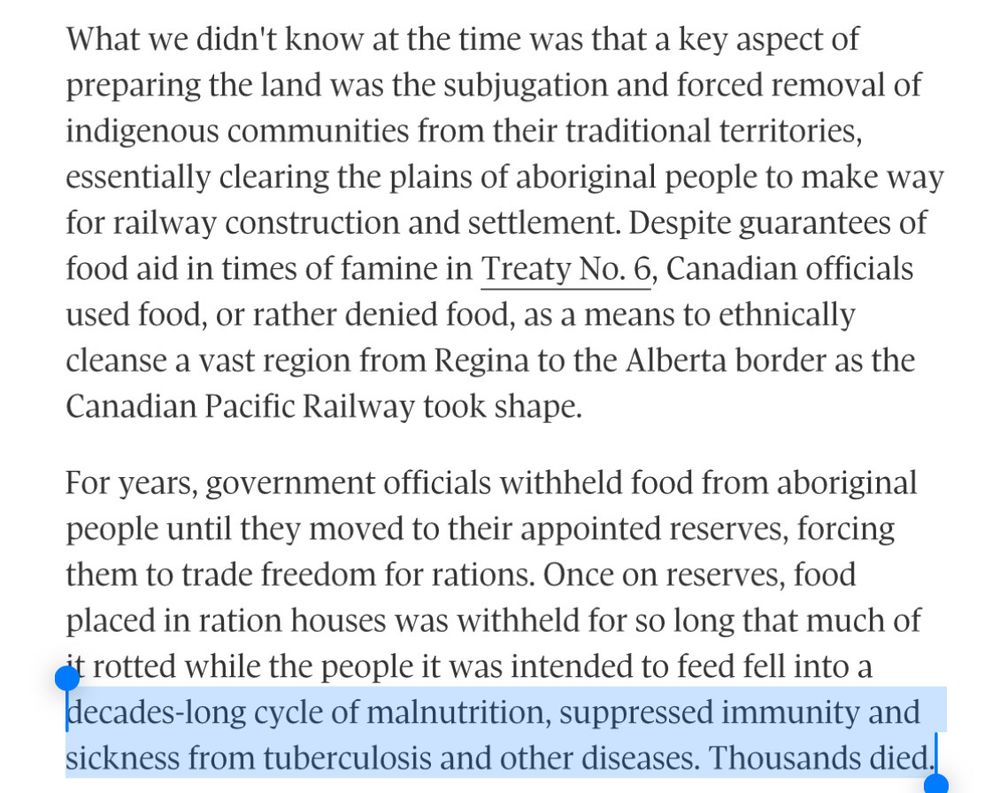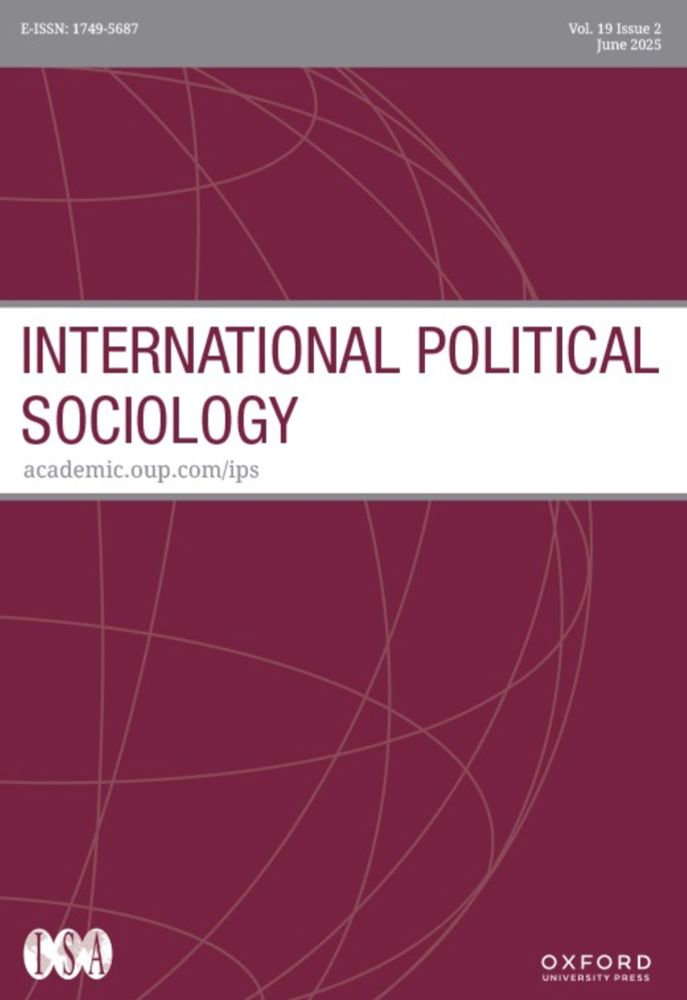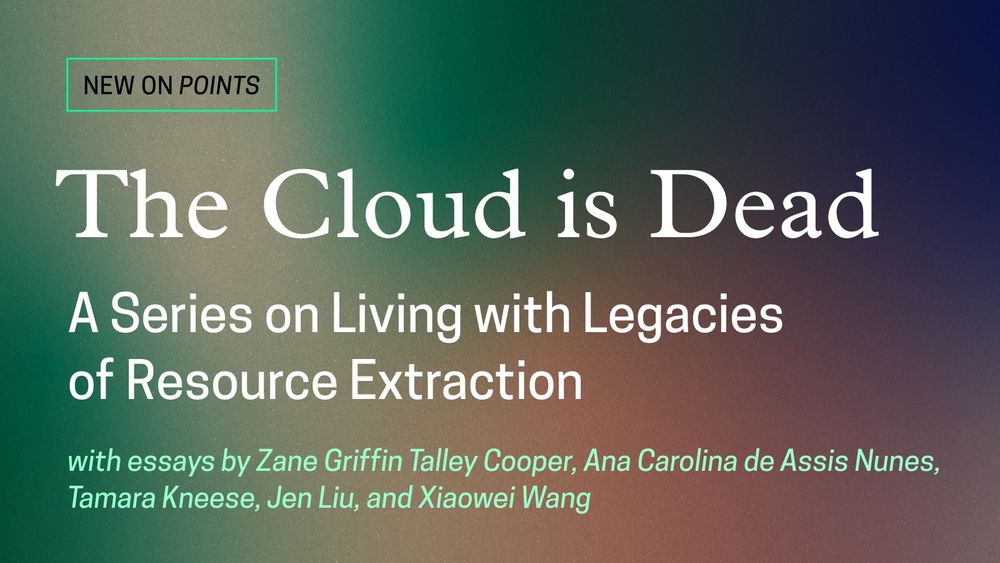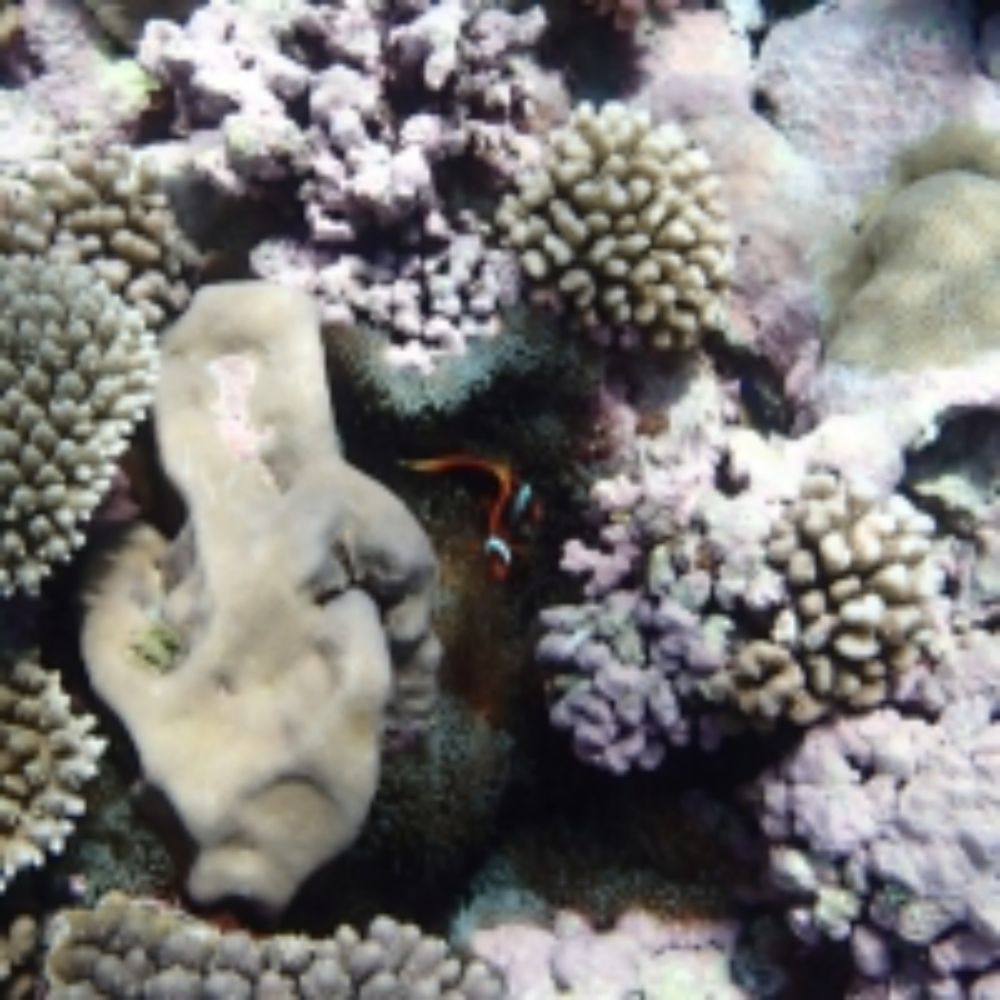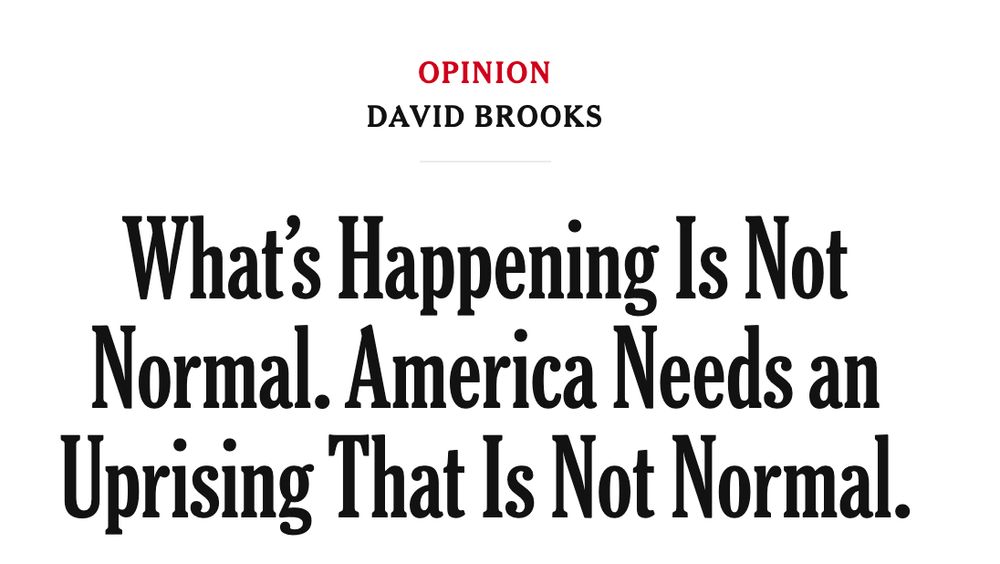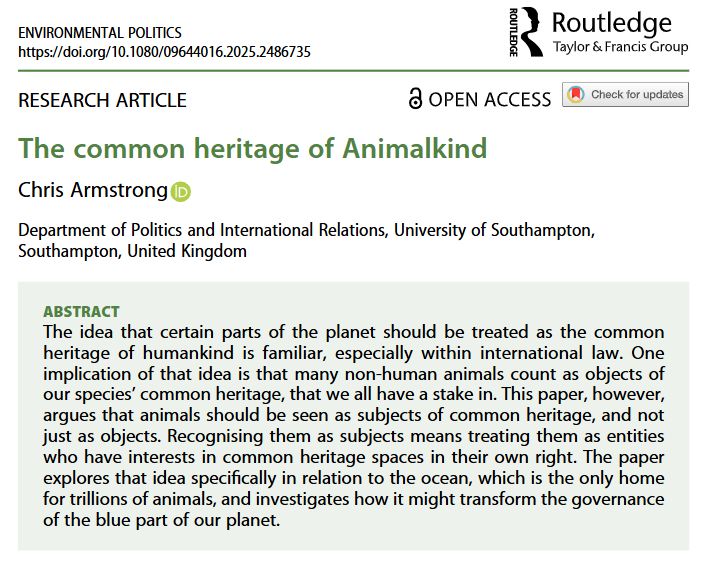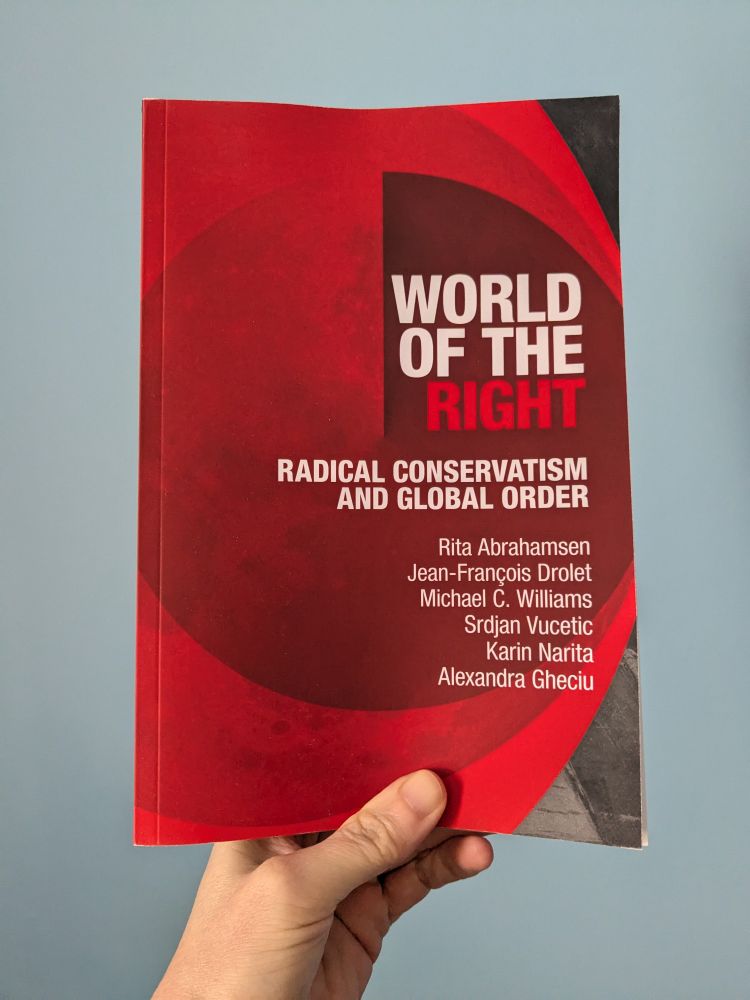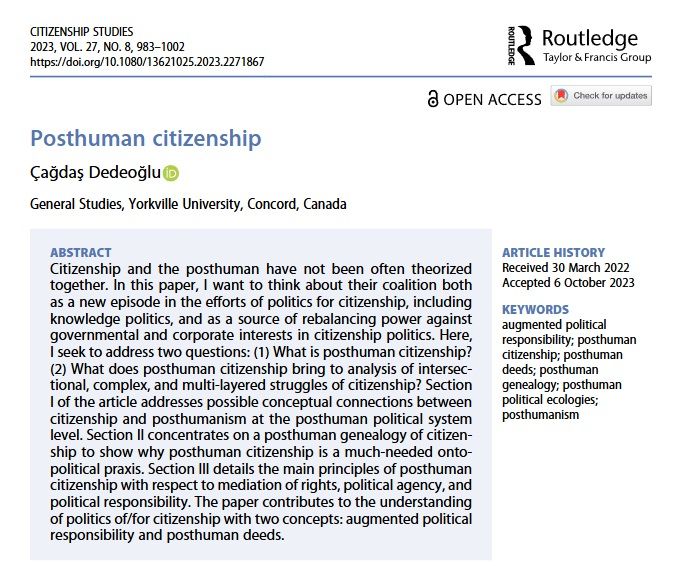Matt Gravlin
@mattgravlin.bsky.social
490 followers
1.1K following
4 posts
PhD candidate Indigenous Studies University of Saskatchewan (he/him). Anthropocene, political ontology, race, Indigenous data sovereignty.
Posts
Media
Videos
Starter Packs
Pinned
Matt Gravlin
@mattgravlin.bsky.social
· Apr 5
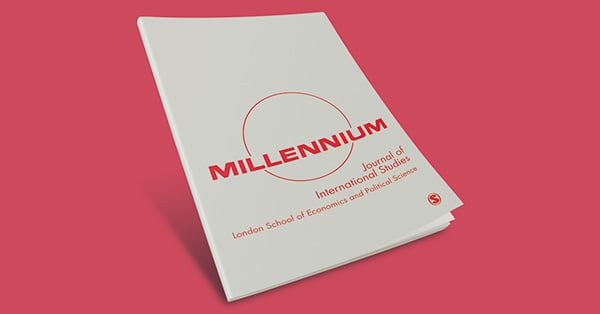
All My. . . Non-Relation: Critical Indigenous Theory in the Anthropocene - Matthew Gravlin, 2025
This article emerges from dissatisfaction with Indigenous responses to the Anthropocene – a geological epoch that, after centuries of seeking industrial mastery...
journals.sagepub.com
Reposted by Matt Gravlin
Reposted by Matt Gravlin
Reposted by Matt Gravlin
Reposted by Matt Gravlin
Reposted by Matt Gravlin
awkword
@awkword.bsky.social
· Jun 29
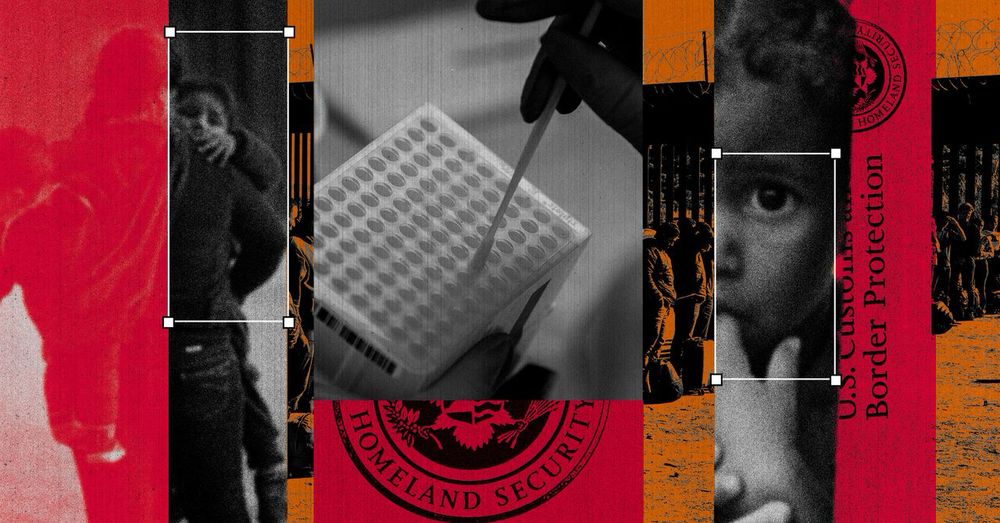
The US Is Storing Migrant Children’s DNA in a Criminal Database
Customs and Border Protection has swabbed the DNA of migrant children as young as 4, whose genetic data is uploaded to an FBI-run database that can track them if they commit crimes in the future.
www.wired.com
Reposted by Matt Gravlin
Reposted by Matt Gravlin
Reposted by Matt Gravlin
Lucas Pohl
@lucaspohl.bsky.social
· Apr 25
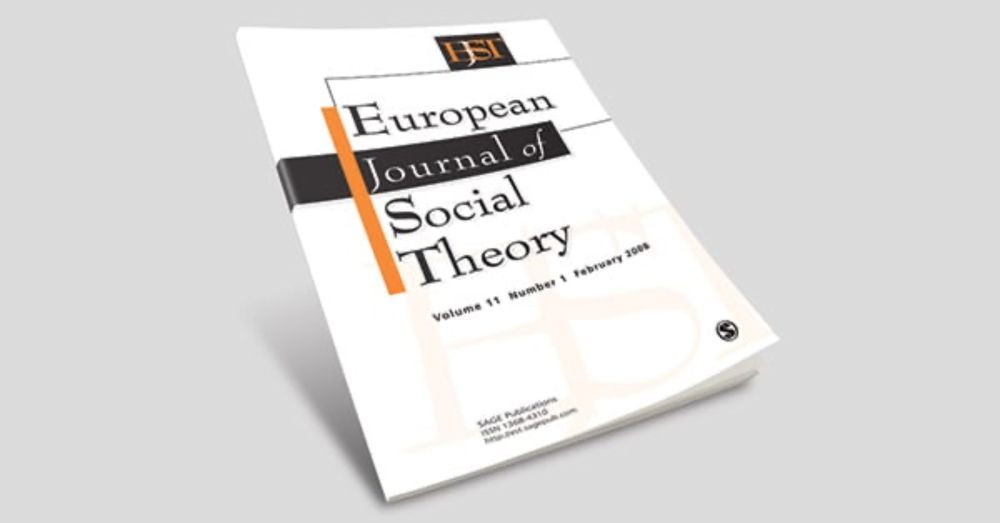
In defence of maladaptation and its emancipatory promises - Lucas Pohl, Erik Swyngedouw, 2025
The eco-emancipatory project is hegemonically predicated upon the signifier of socioecological “adaptation.” Given the importance of adaptation, maladaptation u...
journals.sagepub.com
Reposted by Matt Gravlin
Reposted by Matt Gravlin
Reposted by Matt Gravlin
Reposted by Matt Gravlin
Reposted by Matt Gravlin
Reposted by Matt Gravlin
Reposted by Matt Gravlin
Keith Lewis
@drkeith11lewis.bsky.social
· Nov 18
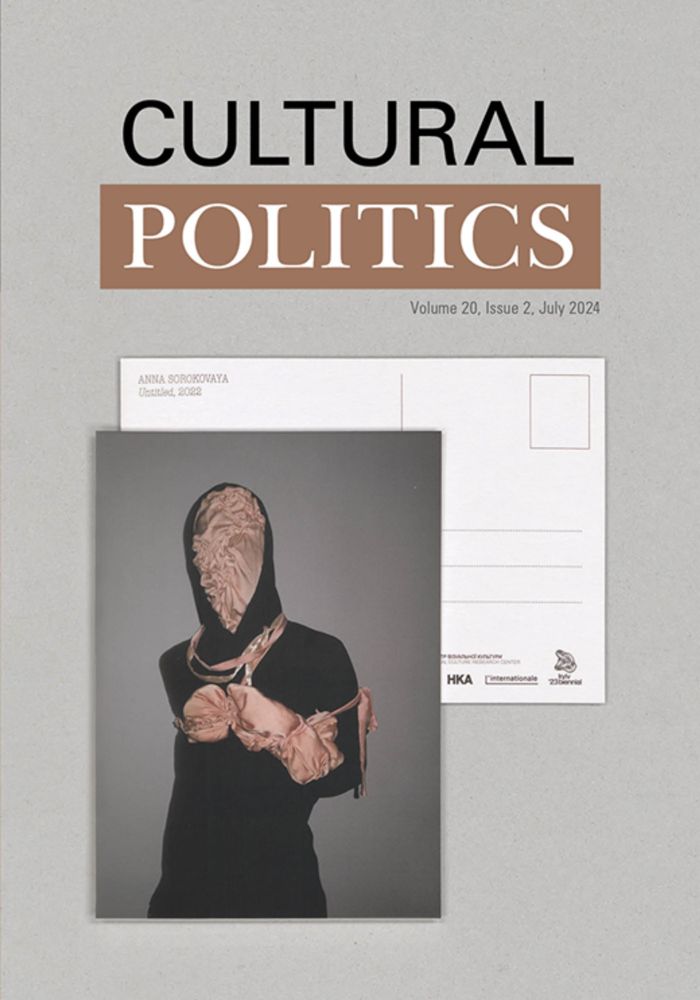
Mysticism and the Postanarchist Symbolic
Abstract. This article engages with Meister Eckhart's mystical theology and Lacanian psychoanalysis to explore the role that mysticism can play in the production of an alternative symbolic order that ...
read.dukeupress.edu
Reposted by Matt Gravlin






